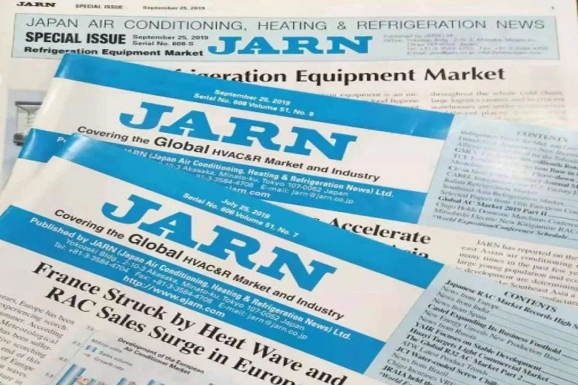A recent study, published in the Proceedings of the National Academy of Sciences, has unveiled a possible downside to hydrofluoroolefins (HFOs), the latest generation of chemical refrigerants. These compounds, initially adopted for their minimal impact on the ozone layer, might exacerbate global warming due to their potential to create trifluoromethane, a long-lived by-product.
The research highlights that while HFOs quickly react with atmospheric OH (hydroxyl radicals), indicating low global warming potentials (GWPs), their reaction with ozone presents a concern. This less-considered interaction can produce trifluoromethane, significantly increasing the GWPs, particularly over extended periods.
These findings emerge from tests conducted on five different HFOs reacting with ozone, revealing that three of them produced trifluoromethane. Incorporating these results into an atmospheric chemical transport model suggests that the global warming potential of HFOs may be higher than initially thought.
The discovery marks a significant moment in understanding the environmental impact of refrigerants. While HFOs were developed to replace harmful chemicals like chlorofluorocarbons (CFCs) and hydrofluorocarbons (HFCs), this new evidence suggests a need for further evaluation and possible reconsideration of their use.
The study’s revelation isn't a call for alarm but highlights the intricate nature of atmospheric chemistry and the importance of comprehensive assessments of new chemicals entering the environment. While many HFOs are unlikely to produce harmful by-products, the study suggests a thorough reexamination of these compounds' environmental fate, urging chemical companies to consider the broader implications of their products.
Source: PNAS
























